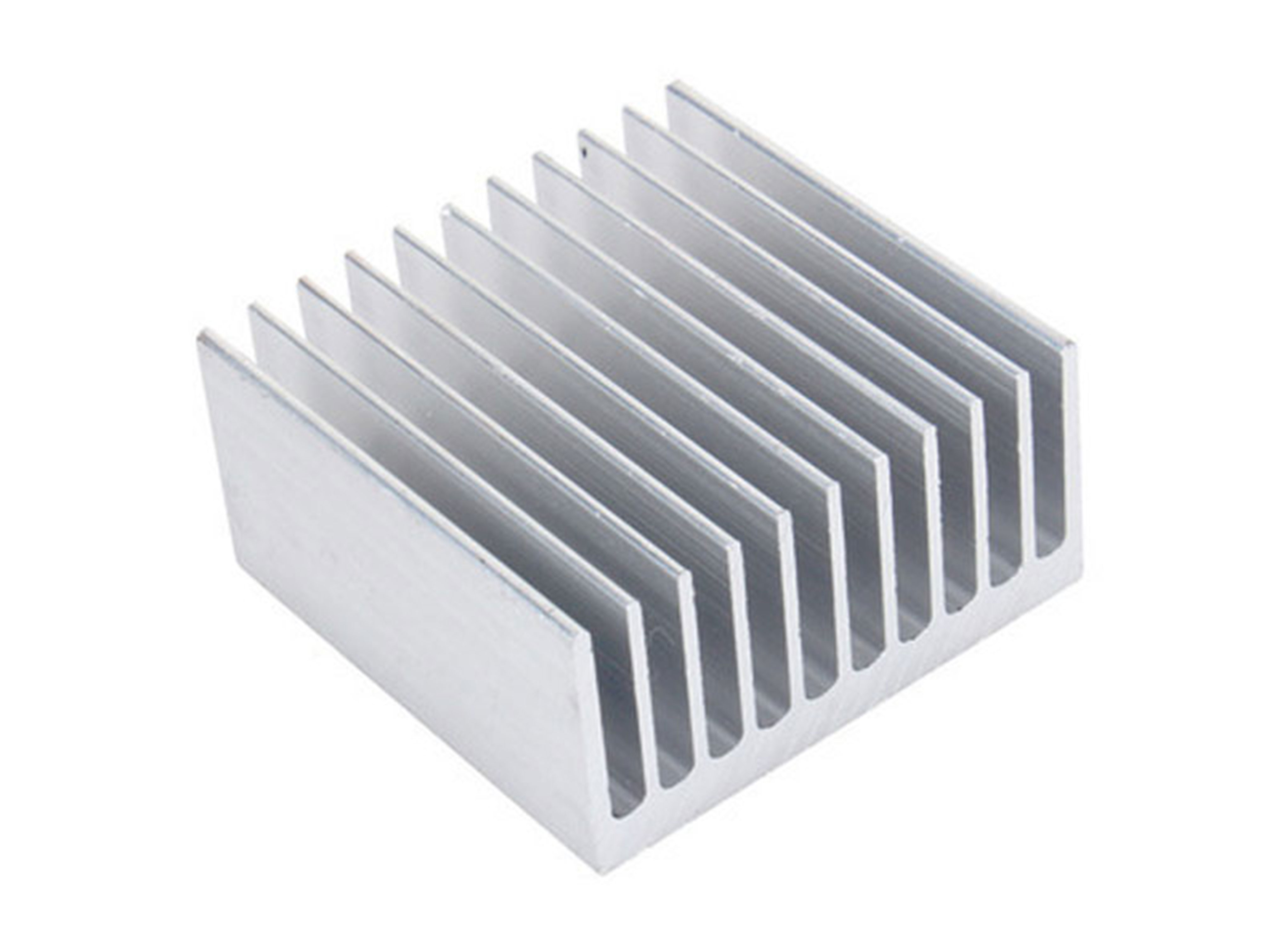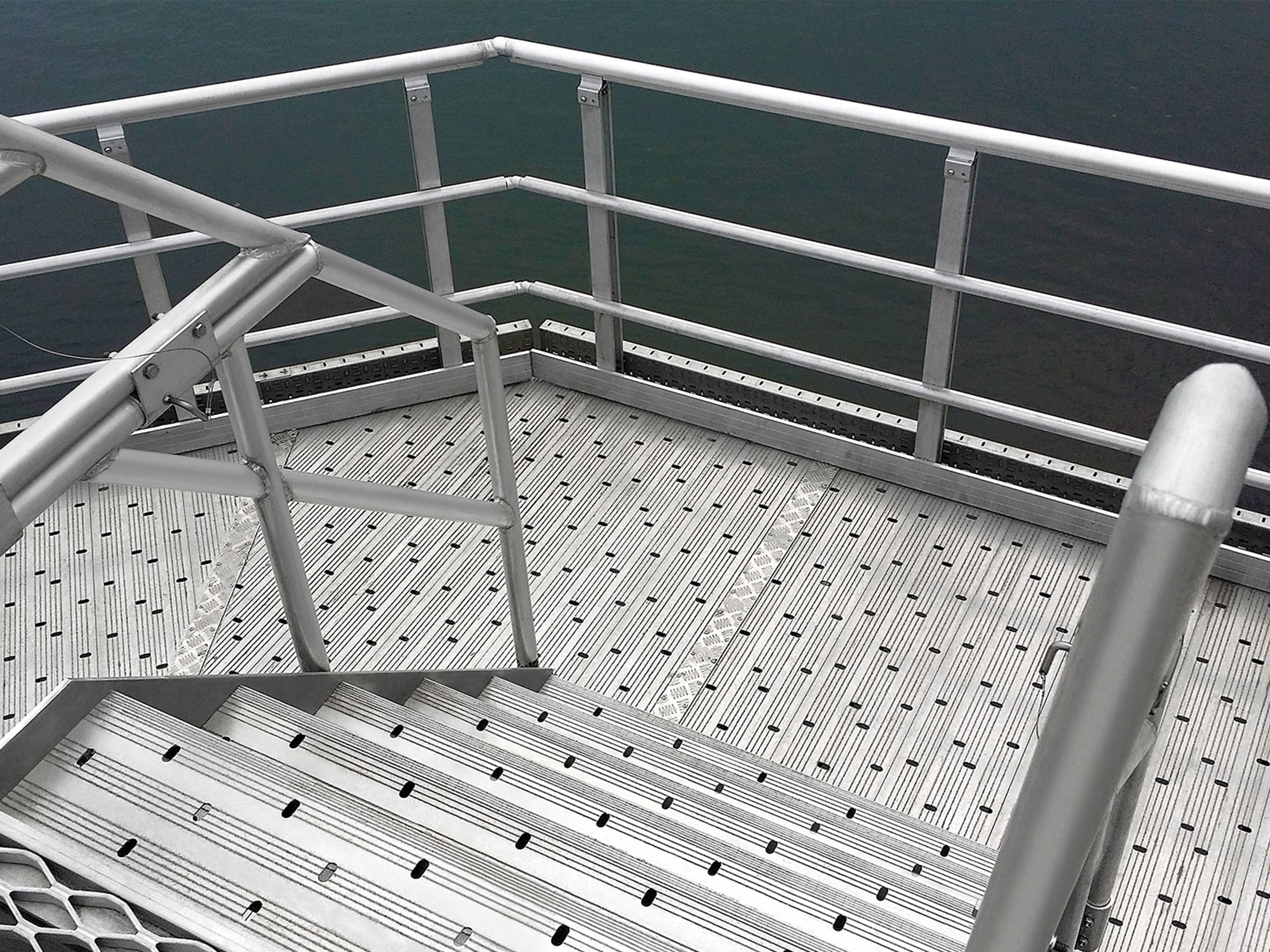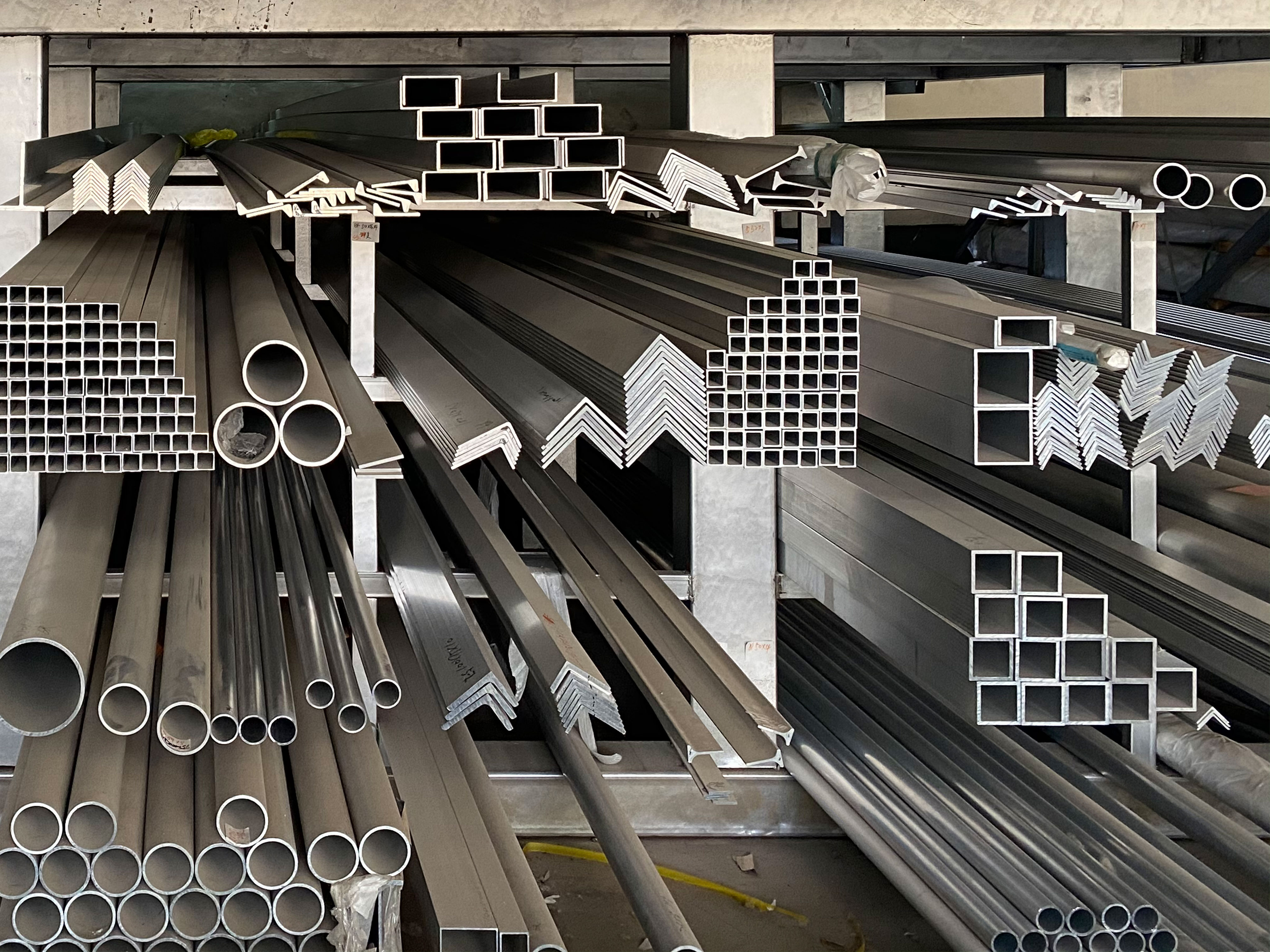Marine Aluminum Heat Sink Profile for Lightweight Offshore Cooling Systems
In the ever-challenging marine environment, offshore cooling systems must operate reliably, efficiently, and with minimal weight. This necessitates specialized materials and components, where marine aluminum heat sink profiles have emerged as a solution. Engineered to withstand corrosive seawater conditions and deliver excellent thermal management, these profiles enable lightweight and robust cooling systems for offshore platforms, vessels, and subsea equipment.
Marine Aluminum Heat Sink Profiles
A heat sink profile is an elongated, often extruded aluminum component crafted to dissipate heat from electronic devices and machinery. In offshore cooling systems, marine aluminum heat sink profiles facilitate heat transfer away from critical parts, preventing overheating and ensuring operational stability.
What distinguishes these profiles is their unique formulation and processing, balancing the need for lightweight construction with formidable strength and corrosion resistance. Unlike standard aluminum heat sinks, marine-specific profiles are engineered for harsh conditions characteristic of offshore applications — salt spray, high humidity, and temperature fluctuations.
Core Functions and Application Scenarios
The primary function of marine aluminum heat sink profiles in lightweight offshore cooling systems is efficient thermal dissipation paired with durability:
- Thermal Conductivity: Aluminum’s high thermal conductivity (around 210 W/m·K) ensures effective heat transfer from the source to the heat sink fins and eventually to ambient offshore air or cooling mediums.
- Corrosion Resistance: Offshore exposure demands materials that resist pitting and galvanic corrosion; marine aluminum grade heat sinks incorporate specific alloying elements optimizing this property.
- Weight Reduction: Marine aluminum’s low density (~2.7 g/cm³) allows heat sinks that reduce overall weight without compromising structural integrity — invaluable for offshore platforms where structural efficiency is critical.
- Mechanical Strength: Heat sinks must maintain form during vibration and mechanical stress, common in dynamic marine settings.
- Customization Potential: Extruded profile techniques offer freedom in fin geometry and surface area shaping, optimizing heat performance while fitting slim spaces on cooling system modules.
Applications include AUVs (autonomous underwater vehicles), offshore communication equipment chassis, power converters, and LED lighting systems — anywhere heat management and corrosion resistance rate highly.
Technical Specifications of Marine Aluminum Heat Sink Profiles
| Property | Parameter/Value |
|---|---|
| Alloy Grades | 5083, 6061, 6082, 5052 (Common in marine) |
| Temper Grades | T6, T5 (solution heat treated and artificially aged); some T4 temper forms for more ductility |
| Chemical Composition (Alloy 6061 as example) | Si 0.4–0.8%, Fe max 0.7%, Cu 0.15–0.4%, Mn max 0.15%, Mg 0.8–1.2%, Cr 0.04–0.35%, Zn max 0.25%, Ti max 0.15%, Al balance |
| Density | Approx. 2.7 g/cm³ |
| Thermal Conductivity | ~167-180 W/m·K (varies by alloy and temper) |
| Yield Strength | ~240 MPa (varies by alloy and temper) |
| Corrosion Resistance | Excellent in marine-grade alloys, especially with anodized finishing |
| Surface Treatment | Anodizing, powder coating, or customized corrosion resistant coatings |
Alloy Tempering and Its Impact
Tempering not only defines mechanical strength but influences thermal properties intrinsic to marine aluminum profiles:
- T6 Temper: Alloy solution heat-treated and then aged; provides a balance of heavy-duty strength, optimal thermal conductivity, and moderate corrosion resistance. This temper suits structural offshore components composing heavy-duty heat sinks.
- T5 Temper: Artificially aged after extrusion without quenching; offers slightly lower strength but better dimensional stability, critical in maintaining profile shape in fluctuating thermal cycles.
- T4 or Annealed Condition: More ductile, less strong; useful for complex profile geometries sensitive to stress concentrations.
Choosing the appropriate temper depends on form, heat dissipation demand, and mechanical load requirements in the cooling system design.
Implementation Standards and Offshore Compliance
Manufacturers of marine aluminum heat sink profiles meet international and marine-specific standards to guarantee effectiveness and longevity:
- ASTM B221: The extrusion standard for aluminum alloys, providing strict procedures on composition and mechanical requirements.
- ISO 9227: Salt spray (fog) testing ensures corrosion resistance under simulated marine environments.
- DNV-GL & ABS Certification: Compliance with classification societies tailors products for offshore installations ensuring structural and environmental integrity.
- RoHS & REACH: Ensuring material safety regulations, preventing pollution hazards that may affect marine ecosystems.
Implementation in offshore systems also involves quality control including dimensional tolerance checks (often ±0.05 mm for intricate extrusions) and anodizing thickness tests (minimum 10-15 microns for marine-grade energy security).
Marine aluminum heat sink profiles represent the integration of materials science, manufacturing precision, and marine validation — in energy-efficient and sustainable offshore cooling:
- Allow customized footer and overlap features on profiles simplifying assembly and improving heat transfer interfaces.
- Optimize internal cooling channel designs wherein heat pipes or liquid coolants flow aided by high-conductivity aluminum fins.
- Lightweight designs reduce ship fuel consumption and provide flexibility in positioning equipment deep within vessel hulls or subsea housings.
- Outstanding cyclic performance withstands periods of prolonged immersion followed by exposure to air, common in floating platforms.
Related Products
Marine aluminum heat sink profile
Marine Grade Aluminum Heat Sink Profiles utilize alloys such as 6061 and 6063 that not only exhibit high thermal conductivity but also possess excellent corrosion resistance required for saltwater exposure.
View DetailsMarine aluminum customized shapes
Marine Grade Aluminum Customized Shapes encompass a broad range of aluminum extrusions and fabrications engineered beyond standard profiles—such as channels, angles, tubes, and beams—into complex, project-specific geometries.
View DetailsMarine aluminum fencing and railings
Marine Grade Aluminum Fencing and Railings are fabricated using marine-grade aluminum alloys such as 5083, 5052, and 6061, which are engineered specifically for protection against saltwater corrosion and marine atmospheric conditions.
View DetailsRelated Blog
5083 Marine Aluminum Fencing and Railings for Custom Coastal Guardrails
5083 marine aluminum is a widely used alloy for coastal guardrails, fencing, and railings because it combines excellent corrosion resistance in seawater environments, strong mechanical properties, and good weldability.
View Details6061 Marine Aluminum Customized Shapes for Lightweight Offshore Platform Design
Explore how 6061 marine aluminum customized shapes offer superior strength, corrosion resistance, and lightweight characteristics essential for innovative offshore platform design, enabling robust and efficient marine structures.
View DetailsMarine Aluminum Heat Sink Profile for Offshore Vessel Engine Cooling Systems
In the demanding environment of offshore vessels, engine cooling efficiency becomes a pivotal factor in operational reliability and safety.
View Details5083 Marine Aluminum Customized Shapes for Offshore Vessel Deck Frame Reinforcements
When it comes to offshore vessel deck frame reinforcements, the choice of materials is critical for durability, strength, and corrosion resistance. Among the myriad of options.
View DetailsMarine Aluminum Heat Sink Profile for Lightweight Offshore Cooling Systems
In the ever-challenging marine environment, offshore cooling systems must operate reliably, efficiently, and with minimal weight. This necessitates specialized materials and components, where marine aluminum heat sink profiles have emerged as a solution.
View DetailsMarine Aluminum Heat Sink Profile for Saltwater Resistant Electronics Cooling Systems
In the demanding environments faced by saltwater applications, effective thermal management is critical to ensuring the longevity and reliability of electronics.
View Details











Leave a Message